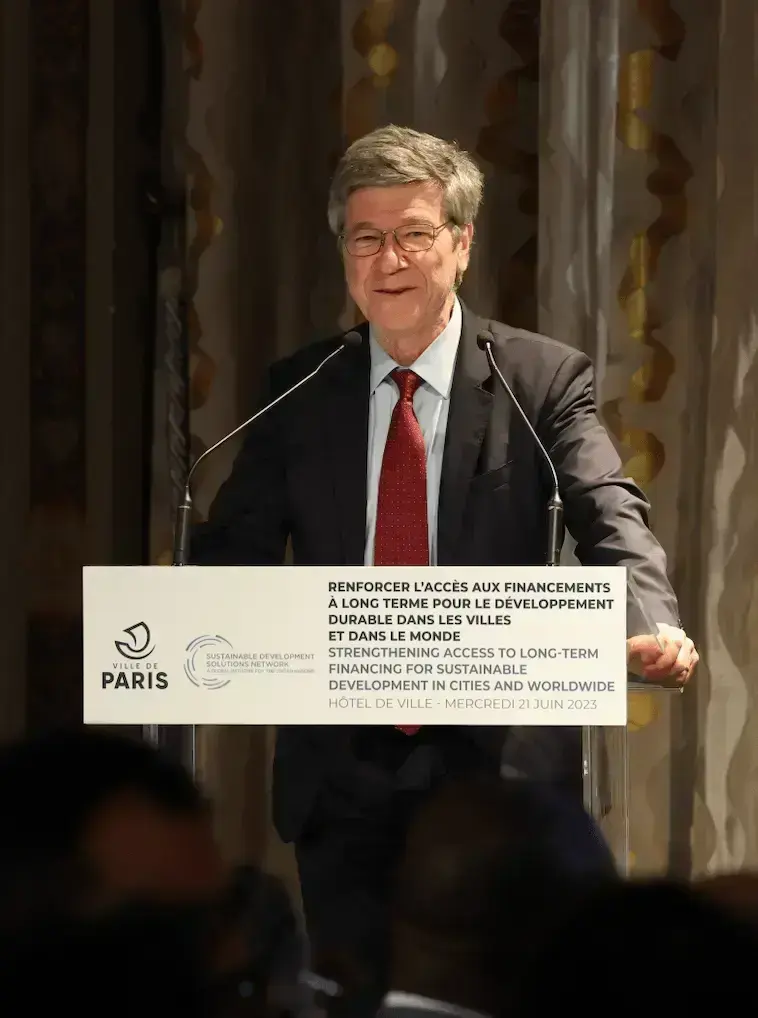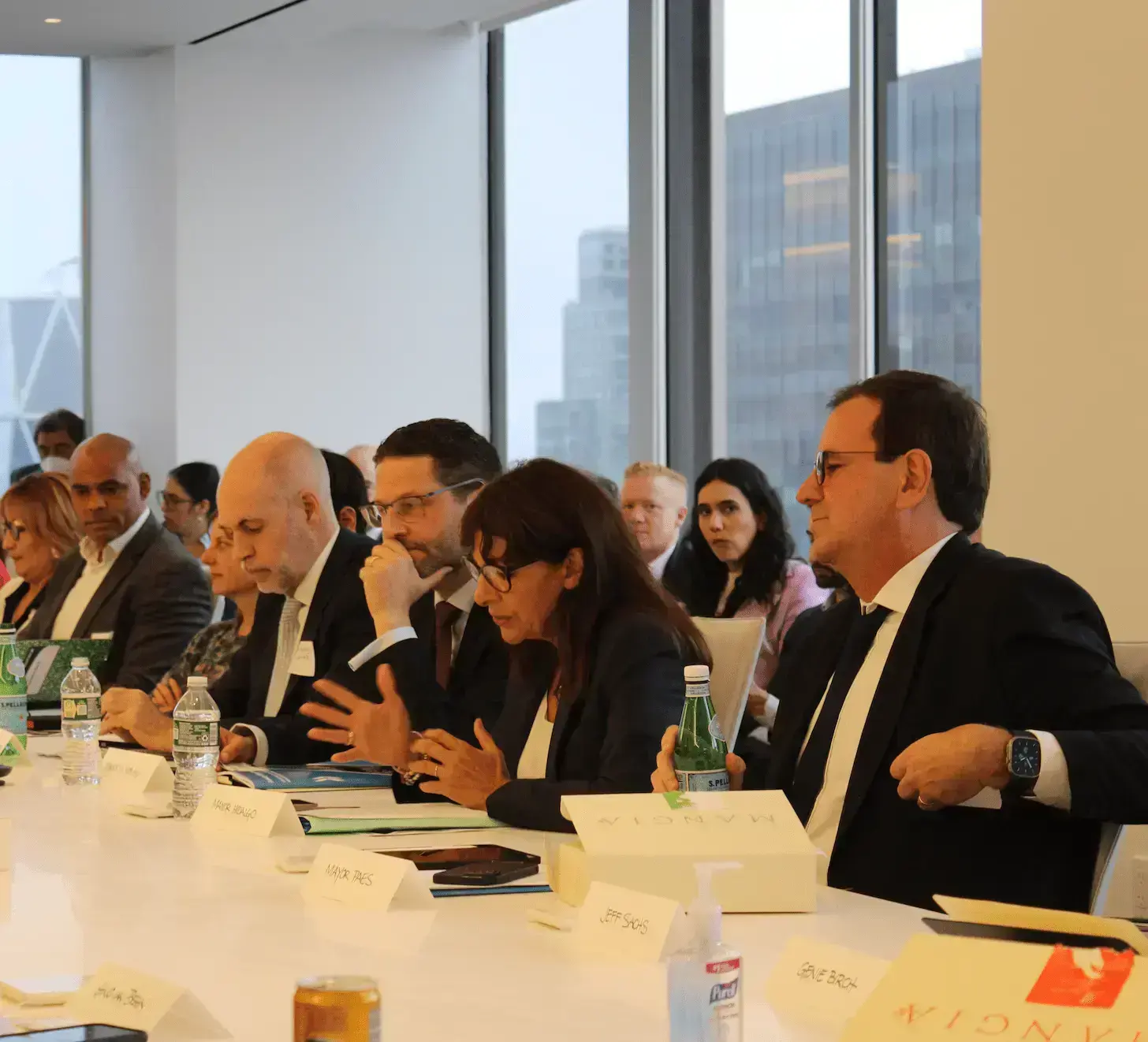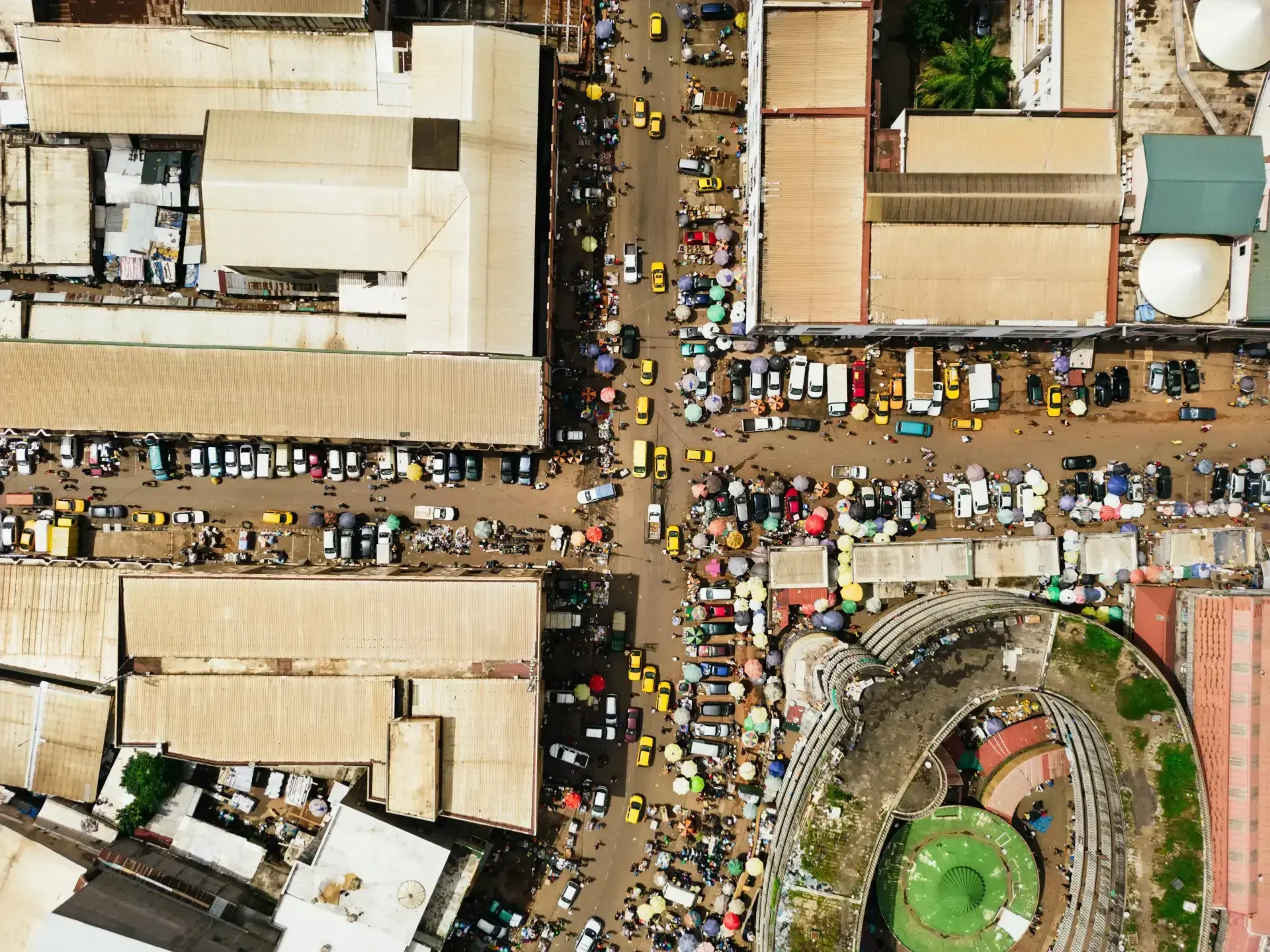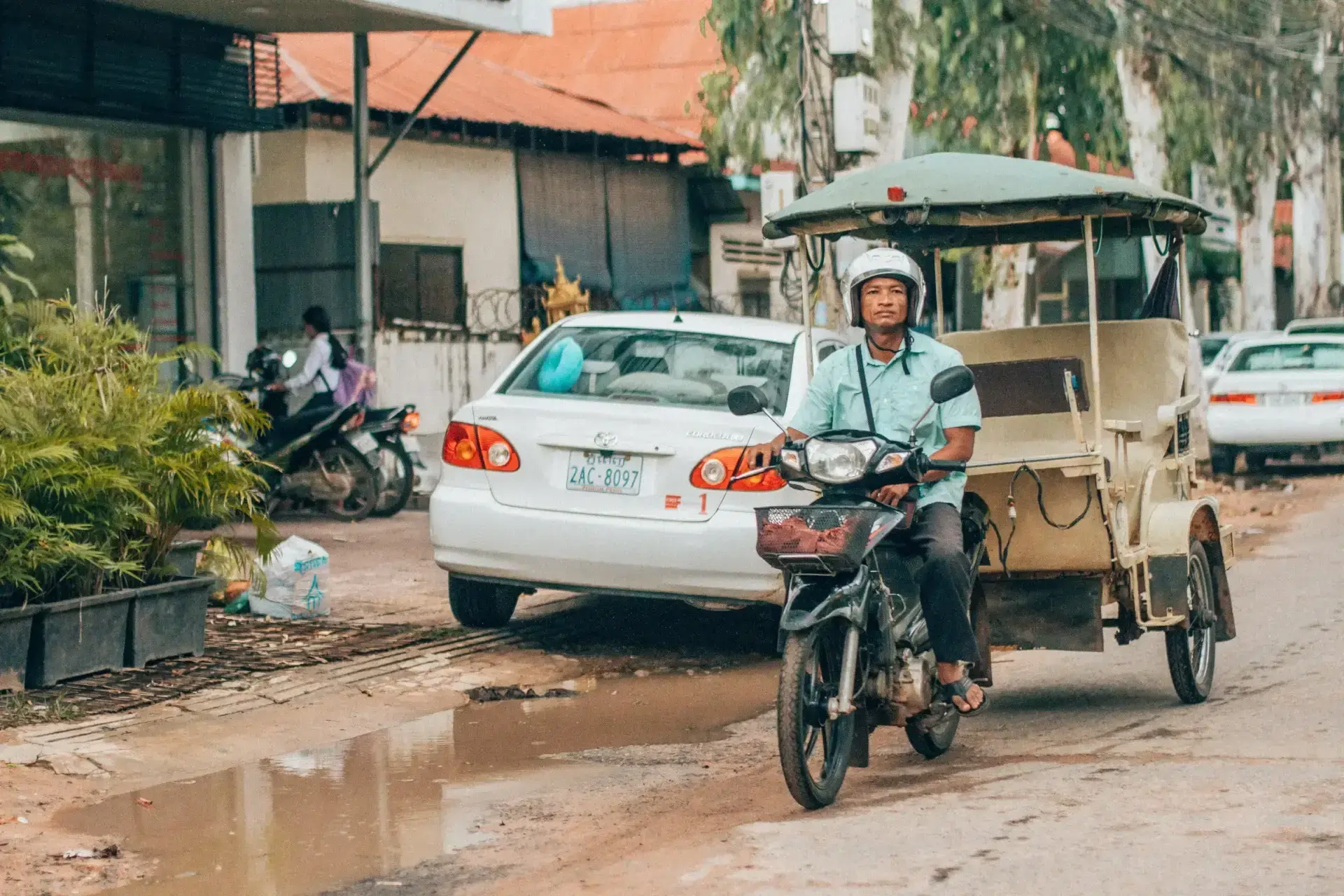The Task Forces
The Commission is comprised of six Task Forces working to analyze barriers to urban SDG finance, evaluate existing proposals to improve urban finance access, and develop new strategies and mechanisms to better align the Global Financial Architecture with urban needs. Task forces include: (1) reforming multilateral development banks; (2) augmenting existing and/or creating new funds/institutions; (3) attracting private sector participation; (4) developing an advocacy strategy; (5) recognizing geography and context; and (6) balancing mitigation and adaptation finance.






